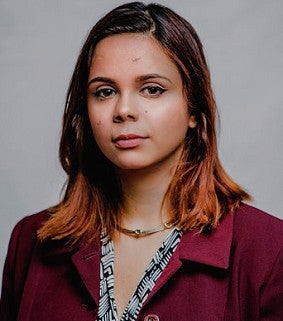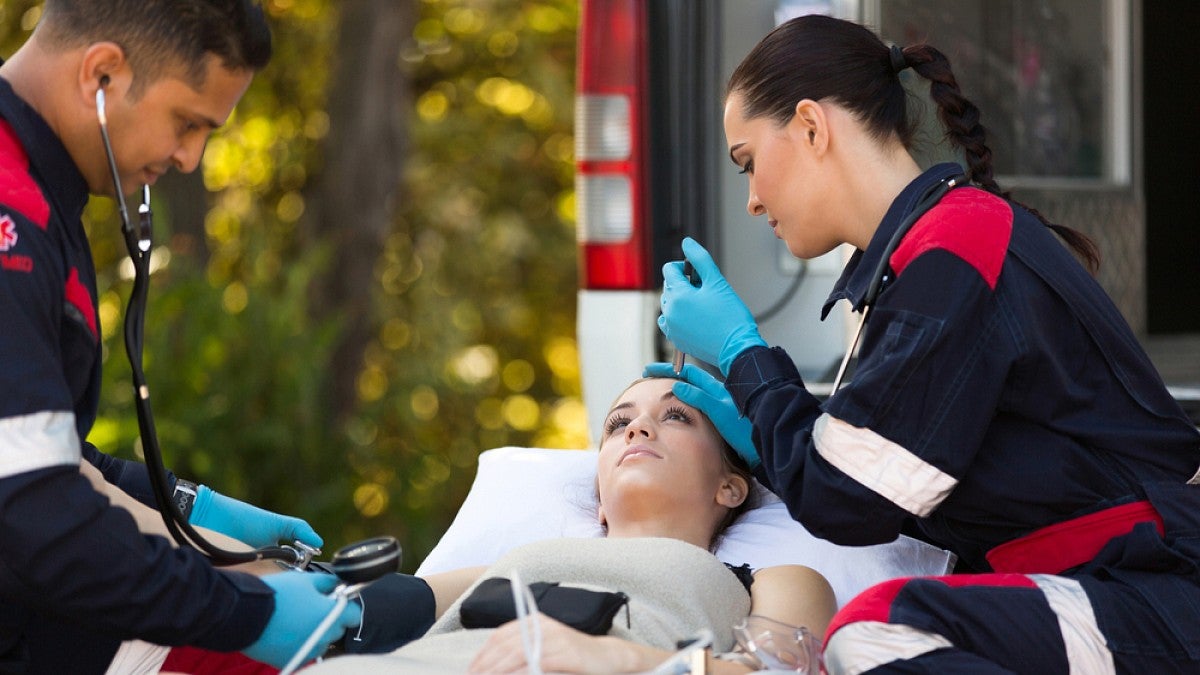When last year’s “Leave No Victim Behind” conference wrapped up at the UO, organizers felt it was a successful sharing of how to better serve survivors of mass violence incidents, delivered by survivors of past tragedies.

That includes Anita Ahuja of the California Victim Compensation Board, one of the organizers of the conference. Some 65 percent of the concertgoers were from California.
“Driving in, I went past the Mandalay Bay hotel where the shooting occurred; it was at that moment my body temperature dropped and my mind filled with images from the media of the shooting victims and the efforts of the first responders,” Ahuja said.
“I teared up and tried to comprehend the enormous work that was before us to help the victims recover.”
With the importance and too-frequent need to serve victims of mass violence, Leave No Victim Behind returns to the UO campus Sept. 5-7. Once again, more than 200 national experts in crisis response and survivor support will meet, hear about the best ways to help those in need, and share strategies to take back to their communities.
This year’s theme adds to the basic pledge of “Best Practices for Mass Violence Response,” with a special focus on serving tribal communities.
"Unfortunately, the need for this conference is just as great today as it was a year ago," said UO Chief of Police Matt Carmichael, a lead organizer of all three Leave No Victim Behind events. "In addition to thinking about what all victims and communities need in the days and weeks or even years after a tragedy, we need to give special thought to underserved communities that can suffer greatly from how disconnected many are from our agencies and services. Our tribal communities are an important example of that, and we learned a lot in how to provide better service after Las Vegas and other incidents.”
The keynote speaker is Samantha Fuentes, an 18-year-old survivor of the Marjory Stoneman Douglas High School shooting in Parkland, Florida, on Feb. 14. Other speakers include law enforcement officers, first responders, volunteers, public officials, mental health workers and agency professionals who serve victims.
Presentations will cover lessons learned from Las Vegas, Parkland, the First Baptist Church shooting in Sutherland Springs, Texas, the shooting at Santa Fe High School in Texas and the shooting at the Pathway Veteran’s Home in Yountville, California. The conference will also devote time to learning about effective community partnerships that provide unique services to victims of crime, including building partnerships with the Sikh community and working with the homeless population.
"The number and scale of incidents from the last year has shaped our conference agenda significantly, and most of our panels are focused on these events," Ahuja said. "We are learning from some of the best in their fields who collaborated across disciplines to comprehensively respond."
The federal Office for Victims of Crime will share experiences with the Antiterrorism and Emergency Assistance Program. Attendees will learn tips on grant applications, how to develop mass violence response toolkits, and accessing federal resources.
Attendees include law enforcement, victim service providers, first responders, community-based organizations, campus officials, crisis response teams and emergency management professionals. This year’s event is the third installment in the Leave No Victim Behind series, which started in California two years ago and came to the UO in 2017.
Sponsors include UOPD, the California Victim Compensation Board, the federal Office for Victims of Crime, the Oregon Department of Justice and Social Sentinel.
Learn more about the conference online.
—By Kelly McIver, University Communications


